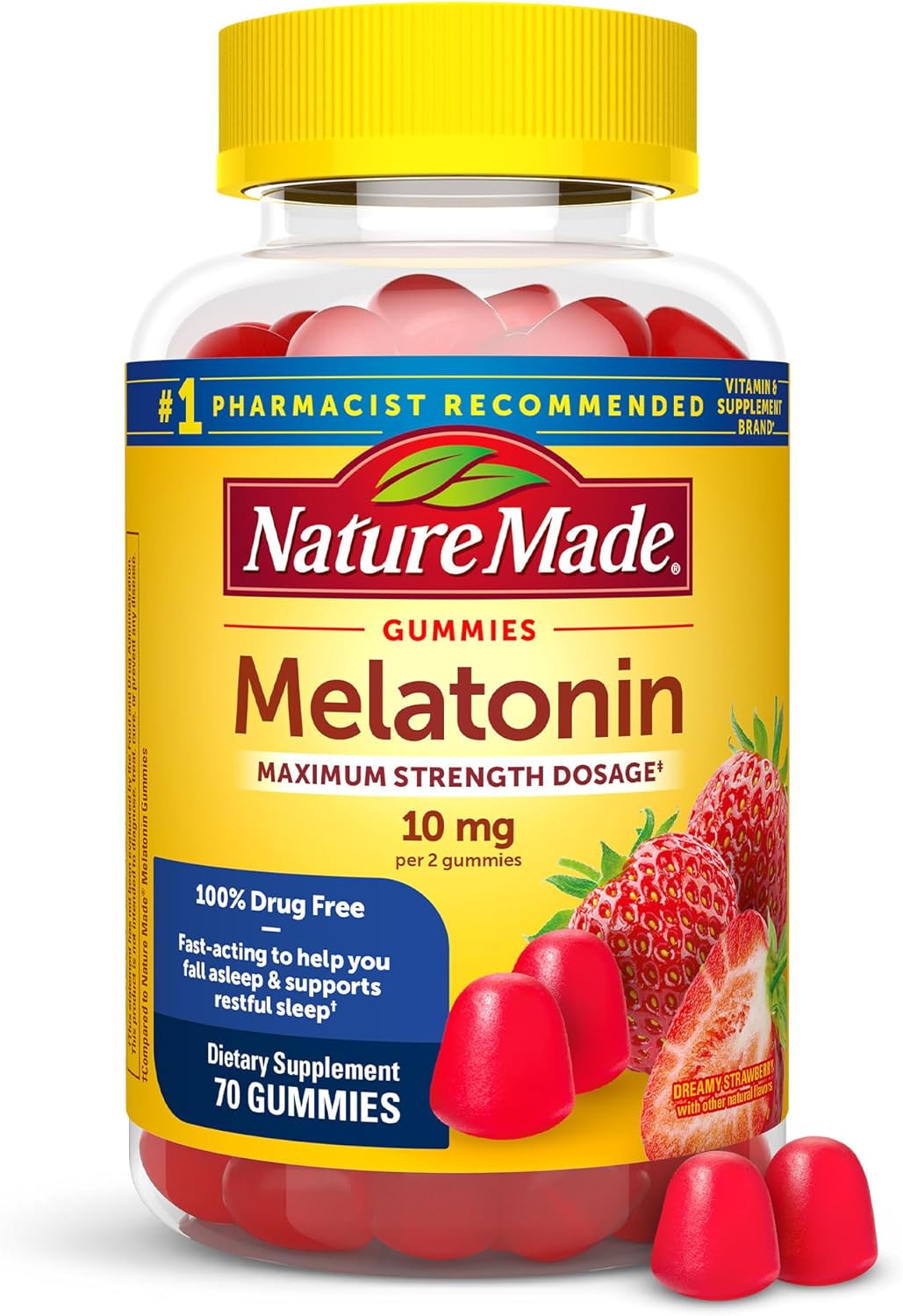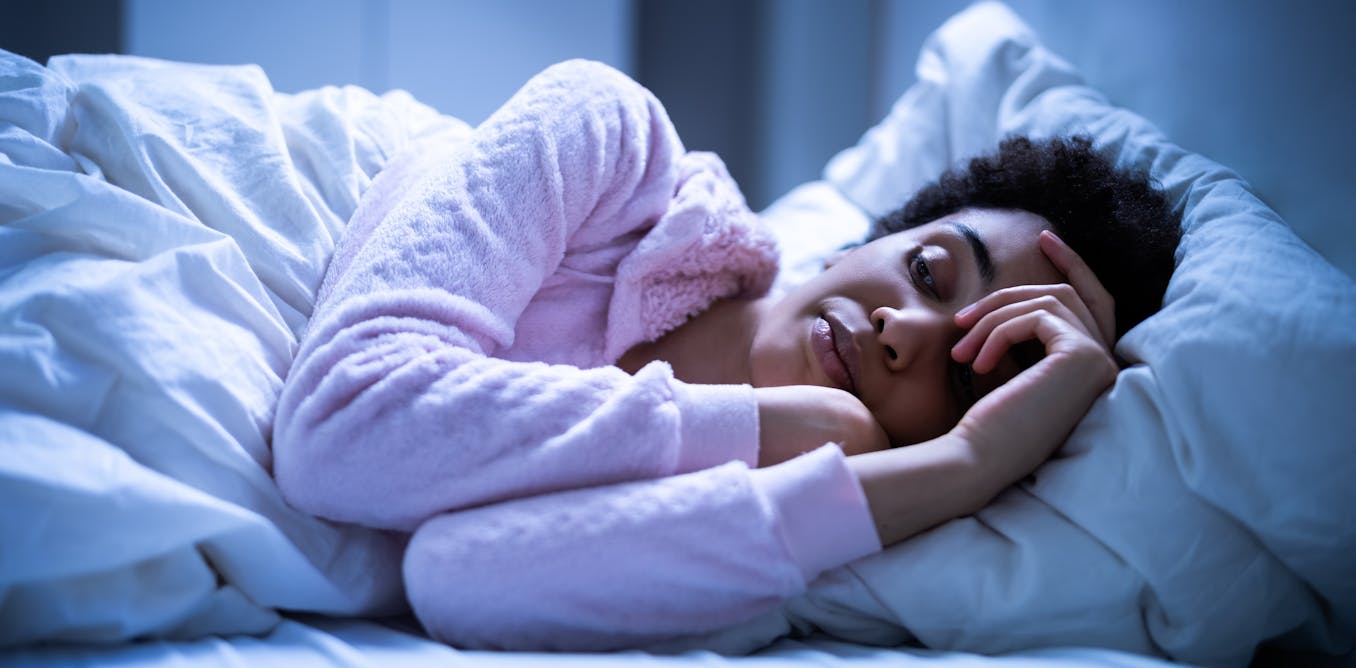Could Not Getting Enough Sleep Increase Your Risk of Type 2 Diabetes?
The Connection Between Sleep and Diabetes
Not getting enough sleep is a common affliction in the modern age. If you don’t always get as many hours of shut-eye as you’d like, perhaps you were concerned by news of a recent study that found people who sleep less than six hours a night are at higher risk of type 2 diabetes.
The Study
Researchers analyzed data from the UK Biobank, a large biomedical database which serves as a global resource for health and medical research. They looked at information from 247,867 adults, following their health outcomes for more than a decade. The researchers wanted to understand the associations between sleep duration and type 2 diabetes, and whether a healthy diet reduced the effects of short sleep on diabetes risk.
Sleep Duration and Diabetes Risk
As part of their involvement in the UK Biobank, participants had been asked roughly how much sleep they get in 24 hours. Seven to eight hours was the average and considered normal sleep. Short sleep duration was broken up into three categories: mild (six hours), moderate (five hours) and extreme (three to four hours). The researchers analyzed sleep data alongside information about people’s diets.
Some 3.2% of participants were diagnosed with type 2 diabetes during the follow-up period. Although healthy eating habits were associated with a lower overall risk of diabetes, when people ate healthily but slept less than six hours a day, their risk of type 2 diabetes increased compared to people in the normal sleep category.
The researchers found sleep duration of five hours was linked with a 16% higher risk of developing type 2 diabetes, while the risk for people who slept three to four hours was 41% higher, compared to people who slept seven to eight hours.
Why Might Short Sleep Increase Diabetes Risk?
In people with type 2 diabetes, the body becomes resistant to the effects of a hormone called insulin, and slowly loses the capacity to produce enough of it in the pancreas. Insulin is important because it regulates glucose (sugar) in our blood that comes from the food we eat by helping move it to cells throughout the body.
We don’t know the precise reasons why people who sleep less may be at higher risk of type 2 diabetes. But previous research has shown sleep-deprived people often have increased inflammatory markers and free fatty acids in their blood, which impair insulin sensitivity, leading to insulin resistance. This means the body struggles to use insulin properly to regulate blood glucose levels, and therefore increases the risk of type 2 diabetes.
Circadian Rhythm and Diabetes Risk
Further, people who don’t sleep enough, as well as people who sleep in irregular patterns (such as shift workers), experience disruptions to their body’s natural rhythm, known as the circadian rhythm. This can interfere with the release of hormones like cortisol, glucagon and growth hormones. These hormones are released through the day to meet the body’s changing energy needs, and normally keep blood glucose levels nicely balanced. If they’re compromised, this may reduce the body’s ability to handle glucose as the day progresses.
The U-Shaped Relationship Between Sleep and Diabetes Risk
While this study primarily focused on people who sleep eight hours or less, it’s possible longer sleepers may also face an increased risk of type 2 diabetes. Research has previously shown a U-shaped correlation between sleep duration and type 2 diabetes risk. A review of multiple studies found getting between seven to eight hours of sleep daily was associated with the lowest risk. When people got less than seven hours sleep, or more than eight hours, the risk began to increase.
Good Sleep, Healthy Diet
Getting enough sleep is an important part of a healthy lifestyle and may reduce the risk of type 2 diabetes. Based on this study and other evidence, it seems that when it comes to diabetes risk, seven to eight hours of sleep may be the sweet spot. However, other factors could influence the relationship between sleep duration and diabetes risk, such as individual differences in sleep quality and lifestyle.
Conclusion
While the study found a link between short sleep and increased risk of type 2 diabetes, it’s important to note that sleeping longer than eight hours may also be associated with an increased risk of diabetes. Getting enough sleep is just one aspect of a healthy lifestyle, and it’s important to maintain a balanced diet and regular exercise routine.
FAQs
Q: Is sleeping less than six hours a night a common occurrence?
A: Yes, it is estimated that up to 30% of adults in the United States sleep less than six hours a night.
Q: Can healthy eating habits mitigate the effects of short sleep on diabetes risk?
A: The study found that while healthy eating habits were associated with a lower overall risk of diabetes, they did not fully offset the increased risk associated with short sleep.
Q: Can exercise offset the effects of short sleep on diabetes risk?
A: Yes, the study suggested that high-intensity interval exercise during the day may offset some of the potential effects of short sleep on diabetes risk.
Recommended Products:
-
Sale!

Venture Pal Magnesium Lotion, Topical Magnesium Cream – Sleep, Muscle Cramp and Relaxation, Moisturizing, Non-Greasy Supplement with Coconut Oil, Shea Butter & Hyaluronic Acid, Safe for Kids
Original price was: $16.99.$13.59Current price is: $13.59. Buy Now -
Sale!

Nature Made Melatonin 10mg per serving Gummies, Maximum Strength Dosage, 100% Drug Free Sleep Aid for Adults, 70 Melatonin Gummies, 35 Day Supply
Original price was: $16.49.$10.99Current price is: $10.99. Buy Now -

MaryRuth Organics Kids Sleep Gummies | Sugar Free | NO Melatonin Gummies with L Theanine, Lemon Balm, Chamomile, Vitamin B6 | Relaxation Support for Kids 2+ | Vegan | Non-GMO | Gluten Free | 60 Count
$24.95 Buy Now



